The heroic story of Nur Inayat Khan, an Indian princess and a British intelligence officer
Categories: History
By Pictolic https://pictolic.com/article/the-heroic-story-of-nur-inayat-khan-an-indian-princess-and-a-british-intelligence-officer.htmlIn 2012, a modest bust monument appeared on Gordon Square in London. A lot of memorials appear in the British capital every year, but this one attracted special attention, because it was opened by the eldest daughter of Queen Elizabeth II, Princess Anne. Everything is quite logical, since the monument is also dedicated to the princess, however, Indian. The name of this woman is Nur Inayat Khan and her story is worth knowing.
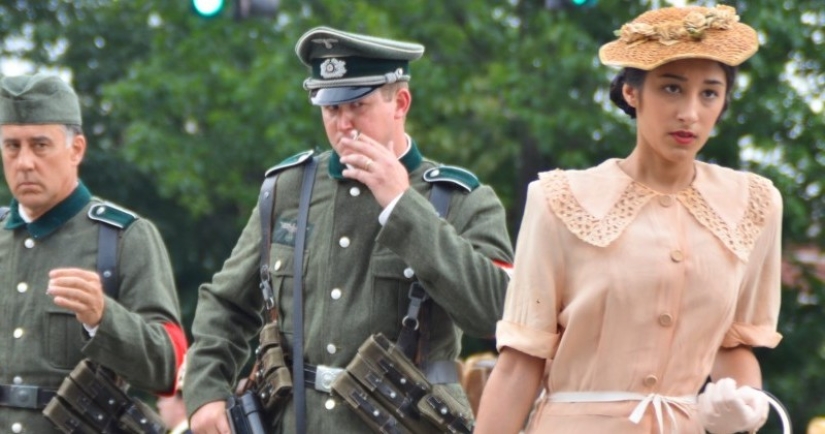
Indian Princess Nur Inayat Khan was born on January 1, 1914 in London to an Indian and American family. On her father's side, she was the great-great-granddaughter of Tipu Sultan, who ruled the Indian Muslim state of Mysore at the end of the 18th century. Nur grew up far from her homeland — in France and the UK, where she received a brilliant education and mastered several languages perfectly.
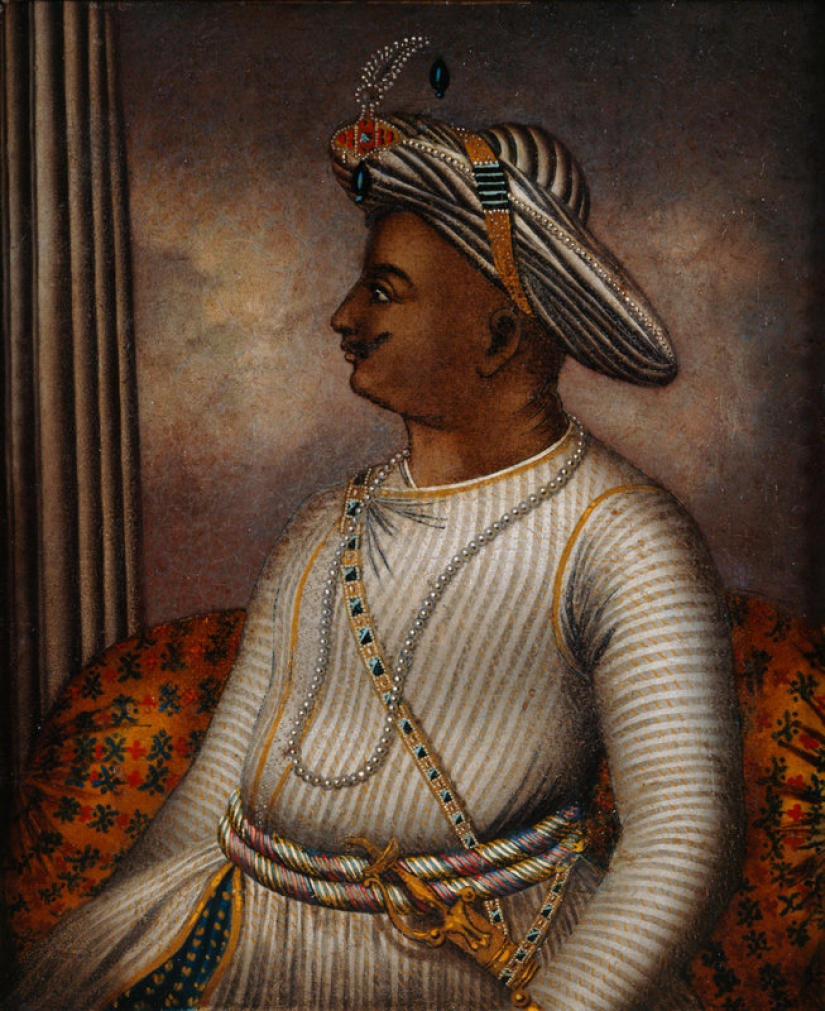
Nur's father was a talented musician and also a respected Sufi theologian. The children in the Khan family were brought up in the spirit of religious tolerance and aversion to any violence. The most hated phenomenon for Nur was the occupation. Her ancestor, who ruled in an independent state, refused to submit to the British colonialists, for which he was killed by them.
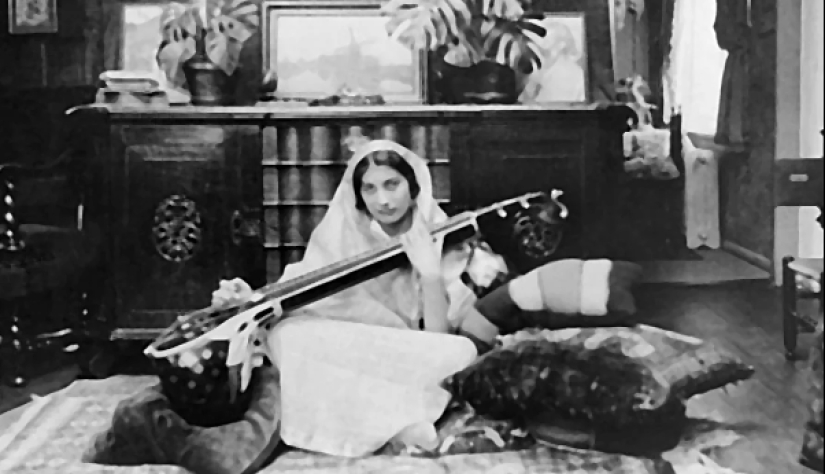
After finishing school in Paris, the girl decided to devote her life to medicine and entered a college that trains nurses. Khan was a very versatile person and simultaneously studied music and literature. Shortly before the outbreak of the war, Le Figaro published a series of Indian folk tales, edited by Nur.
In 1939, when Europe was burning in the flames of the World War, the girl joined the ranks of the French Red Cross and planned to go to the front. But Germany quickly took over France and Nur and her parents had to return to their native London, where it was safer.
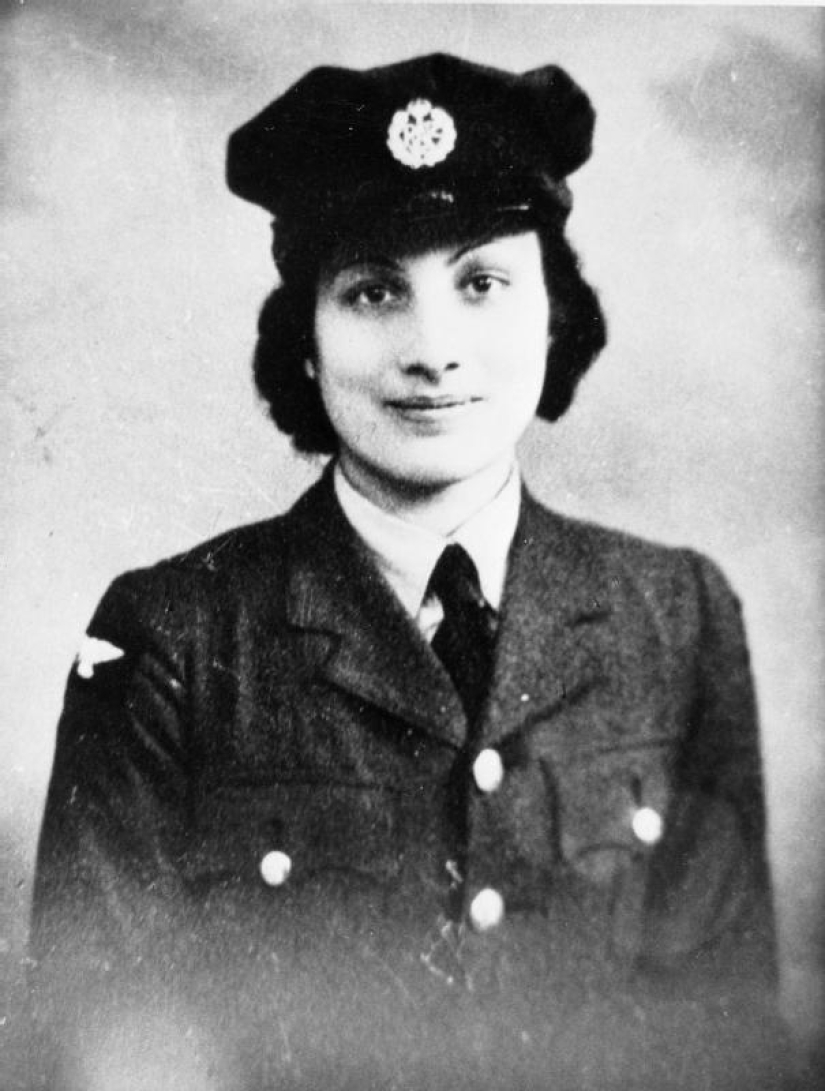
But even in London, Noor was not going to sit idly by and immediately signed up for the Women's Auxiliary Service of the British Air Force (WAAF). There she worked as a military radio operator, along with other girls who dreamed of contributing to the victory over the enemy.
The girl, who speaks excellent French, attracted the attention of the staff of the SOE Special Operations Directorate. Nur had an impeccable reputation, so intelligence decided that she was ideally suited for a mission behind enemy lines.
Radio operator Nur Inayat Khan became an intelligence officer in 1942 and was named Nora Baker. It should be noted right away that the management had a rather low opinion of her as a specialist and of her positive qualities noted only her diligence and knowledge of French.
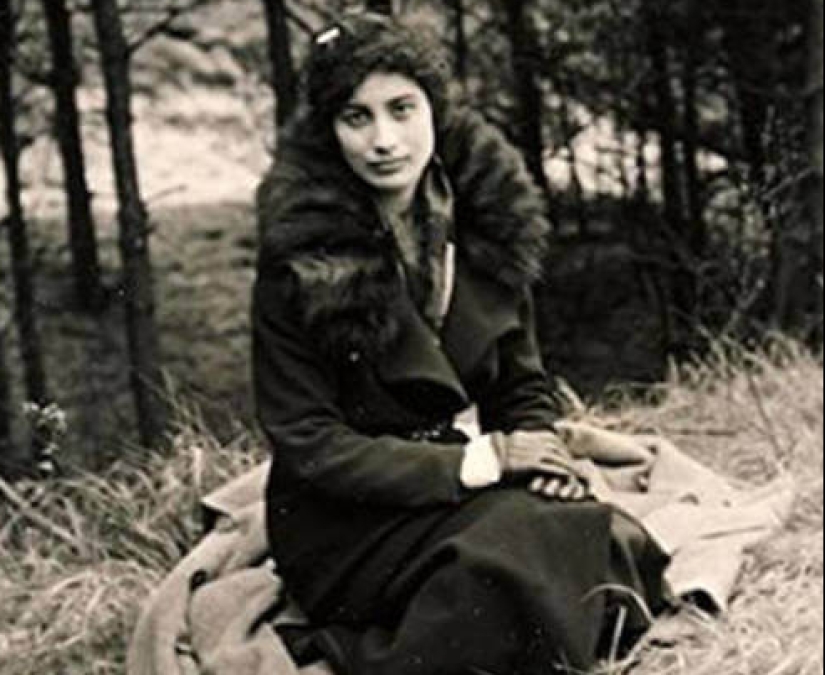
In 1942, Nur was thrown into Nazi-occupied Paris as a Resistance radio operator with the call sign "Madeleine". The girl was supposed to ensure the connection of the underground members of the Prosper group with the Center that coordinated the work of groups from abroad.It was this group that British Prime Minister Winston Churchill instructed to "set Europe on fire."
For several months, the brave princess performed a dangerous and responsible job. But then it became known that a Nazi agent had infiltrated the group and Khan and his comrades offered to organize an evacuation to England. But the girl and her colleagues flatly refused to curtail the operation and continued to work, risking their lives.
The Nazis arrested one underground worker after another and soon Nur herself had to lead the group. Changing apartments, call signs and documents, the girl worked for three months, risking her life every day. But, alas, miracles do not happen, and one day the Gestapo came for Agent Nora Baker.

After interrogations and tortures, during which the frail woman did not answer any of the executioners' questions, she and several comrades were sent to Germany, to Pforzheim prison. There, the best shoulder craftsmen tried to "split" the underground worker. Nur was kept in a damp cell chained to a wall and tortured and beaten daily.
Nur tried to escape twice, after which a "particularly dangerous" mark appeared in her file. Despite the fact that the girl's confession could not be extracted, she was signed a death sentence. In early September 1944, she, along with three other underground girls, was taken to the Dachau death camp.
On September 13, the girl was brutally beaten by a German officer Wilhelm Ruppert, and then shot her in the back of the head. Nur's last word before his death was "Liberté" (Freedom). The heroine's body was burned in the concentration camp crematorium immediately after the execution.
Nur Inayat Khan's feat was celebrated by the governments of Great Britain and France. In Paris, the heroine was posthumously awarded the Croix de Guerre, and in the UK — the Order of the George Cross. Two monuments to the radio operator of the Resistance were also erected in France.
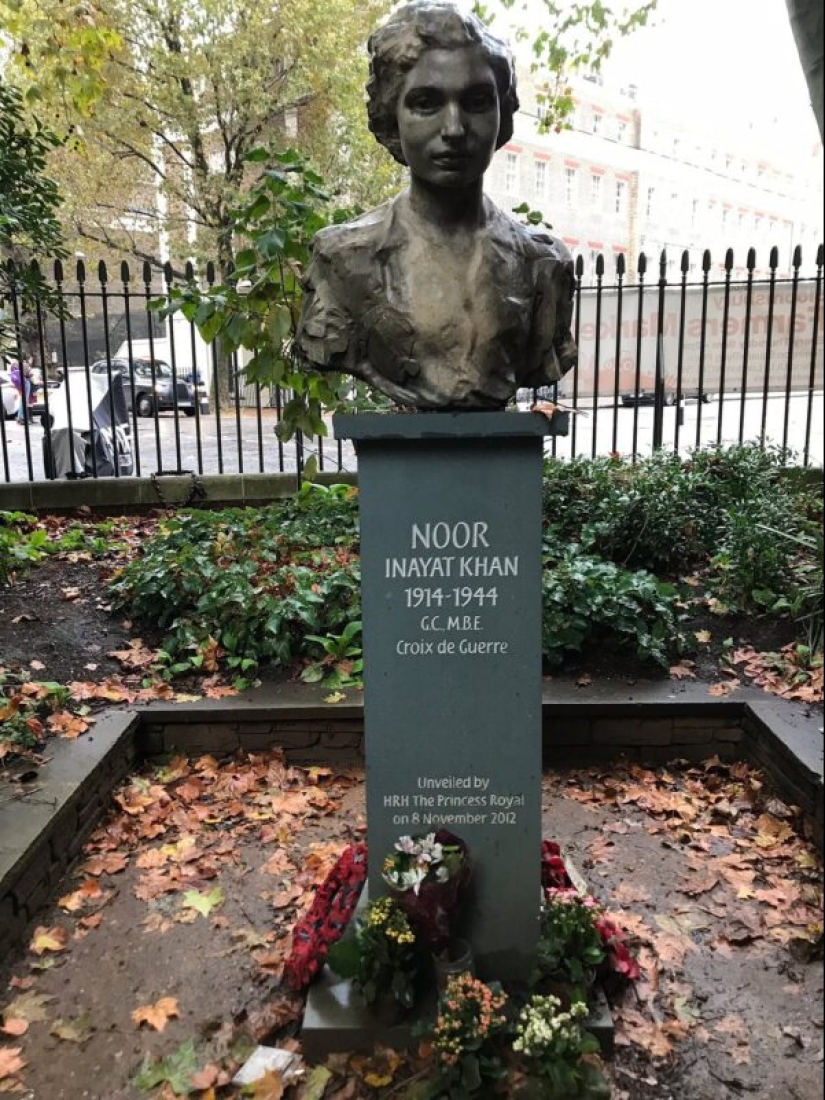
At the end of this story, it is worth adding that India, which itself was occupied by Great Britain for many centuries, vividly responded to the call of the world community to take up the fight against Nazi Germany. More than 2.5 million volunteers from all states of the country went to the front and many of them fell on the battlefields.
Despite the fact that Nur Inayat Khan has spent her entire short life in Europe, India is proud of her and considers her part of the volunteer force that the country has given to the world. Writer Shrabani Basu wrote a biographical book about the life of the princess called "The Spy Princess: The Life of Nur Inayat Khan", which was filmed.
Recent articles

Markus Reugels is an incredibly talented German photographer who specializes in high-speed and macro photography. His photographs ...

Learn unusual and interesting facts about our planet and the creatures that inhabit it! -- >Ants, when dying, emit special ...

The Japanese craftswoman has honed her skills in working with wool so much that now her crafts - felted animal figurines - look as ...